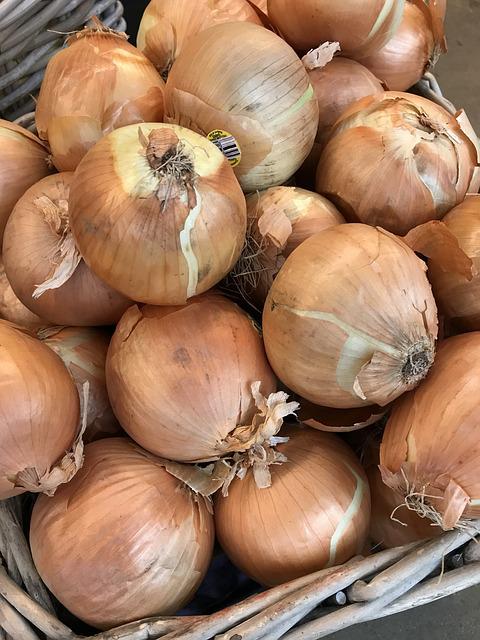Listeria Recall of Vidalia Onions – Good Use of Safeguards

A farm in Georgia initiated a recall of their Vidalia onions last month.
During routine testing of their Vidalia onions, the farm personnel found one of their packaging lines tested positive for Listeria. Although no actual cases were reported, they issued a recall out of an abundance of caution. See the recall notice here.
This is a great example of how multiple safeguards, and prompt action based on those safeguards, were used correctly by the company. Obviously, we would rather not have any contamination in the first place. However, the quality system they had in place had them do periodic, precautionary checks for contamination. Once a possible contamination situation was identified, they issued a voluntary recall to protect their customers. This is how multiple safeguards should work.
While I don’t have any information on this, I would also hope that they did an in-depth analysis on:
- How the contamination occurred;
- If they could have prevented it;
- If they could have detected it sooner;
- If their corrective actions were effective.
Image source/credit: Image by Suzanne Thiele from Pixabay.
TapRooT® wins food safety software award
We are excited to share that System Improvements, Inc., creator of the TapRooT® System, is recognized as a top food safety solution provider by Food & Beverage Technology Review.

TapRooT® helps food and beverage companies get to the root causes of food safety issues as well as improving industrial safety in the production facilities.
Read more here about TapRooT® and food safety.
Register for a TapRooT® Root Cause Analysis training course
TapRooT® Root Cause Analysis Training courses are taught all over the world. If you are interested in learning how to stop repeat incidents, find a 2-day or 5-day course. We are available to train you and your staff on-site at your workplace; contact us to discuss your needs. You may also call us at 865.539.2139.



